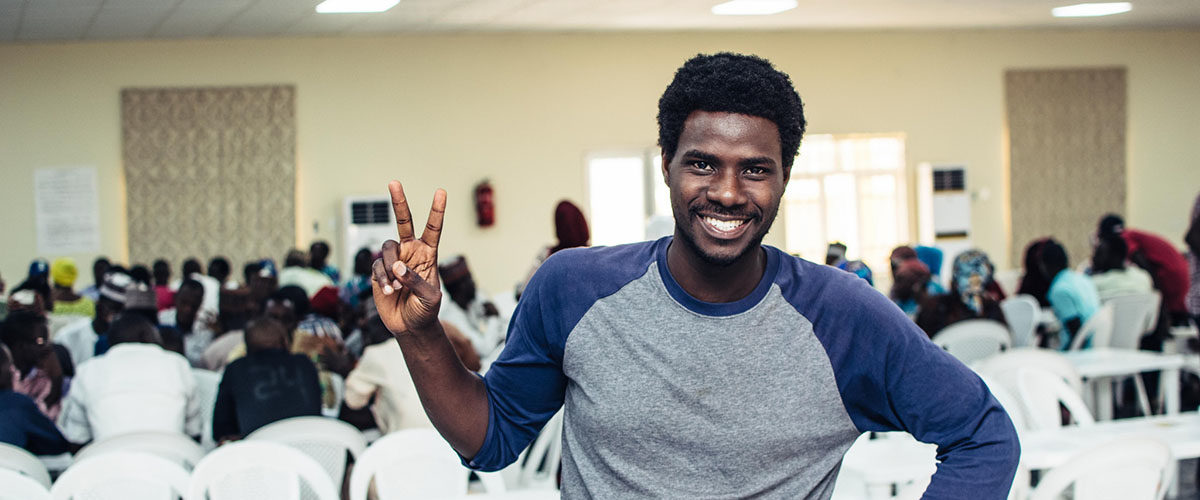Mr Ajala Akinkunmi,an internet-savvy systems engineer,who works for a multinational in Nigeria, got a call from Ajala Akinwunmi, he’s uncle, that Mrs Folake Ajala, Wunmi’s wife is about to undergo a surgery in the hospital, and that he needs financial assistance of about 80,000Naira to pay hospital bills for surgery. Mr Akinkunmi immediately wired that amount of money into an account number of Dr Endgame Albumi of the hospital.
After a week, he did not hear a word from his uncle, then he called Akinwunmi to ask him about the health of his wife. On the other side of the phone, Akinwunmi was amazed by the story Dickson was teling him, he denied ever going through such and that even, Folakemi has just gone out of Lagos.Mr Ajala Akinkunmi couldn’t believe his hears – how could they have gotten those information!simply social engineering.
The Internet should be thought of as a necessary evil that must be controlled in order to get beneficial tasks accomplished. It is like electricity, which provides uncountable benefits to our lives, but if we lose control of it, the results can include electrocution and property damage through fire. The Internet is a powerful tool that can cause serious harm to your organization and your personal lives if not managed properly. So don’t use the Internet without proper protection and awareness.Here is a rundown of the guidelines to observe when using the internet:
1.Never share personal data with a website
2.Be careful what you reveal about yourself in chat rooms, via messaging, on discussion boards, to surveys, and so forth.
3.Be suspicious of whom you interact with over the Internet until you NN have absolute proof of their identity and trustworthiness.
4.Only make on-line purchases from trusted sites (such as sites with a reputation of protecting its users/visitors).
5.Keep an eye on the domain name in the URL you visit; if it turns into an IP address,a large decimal number, or a strange two-letter country code site, you may have been redirected.
6.Keep your operating system utilities updated and patched.
7.Don’t download data from unknown sites.
8.Remember that you are probably being watched by an unknown malicious entity while you surf the Internet.
9.Don’t leave Internet connections open and active when you are not actively using your computer.
10.Social engineering, spoofing, phishing, and hoaxes can all take place via computer communications such as e‑mail and chat and on the Web—watch out!
